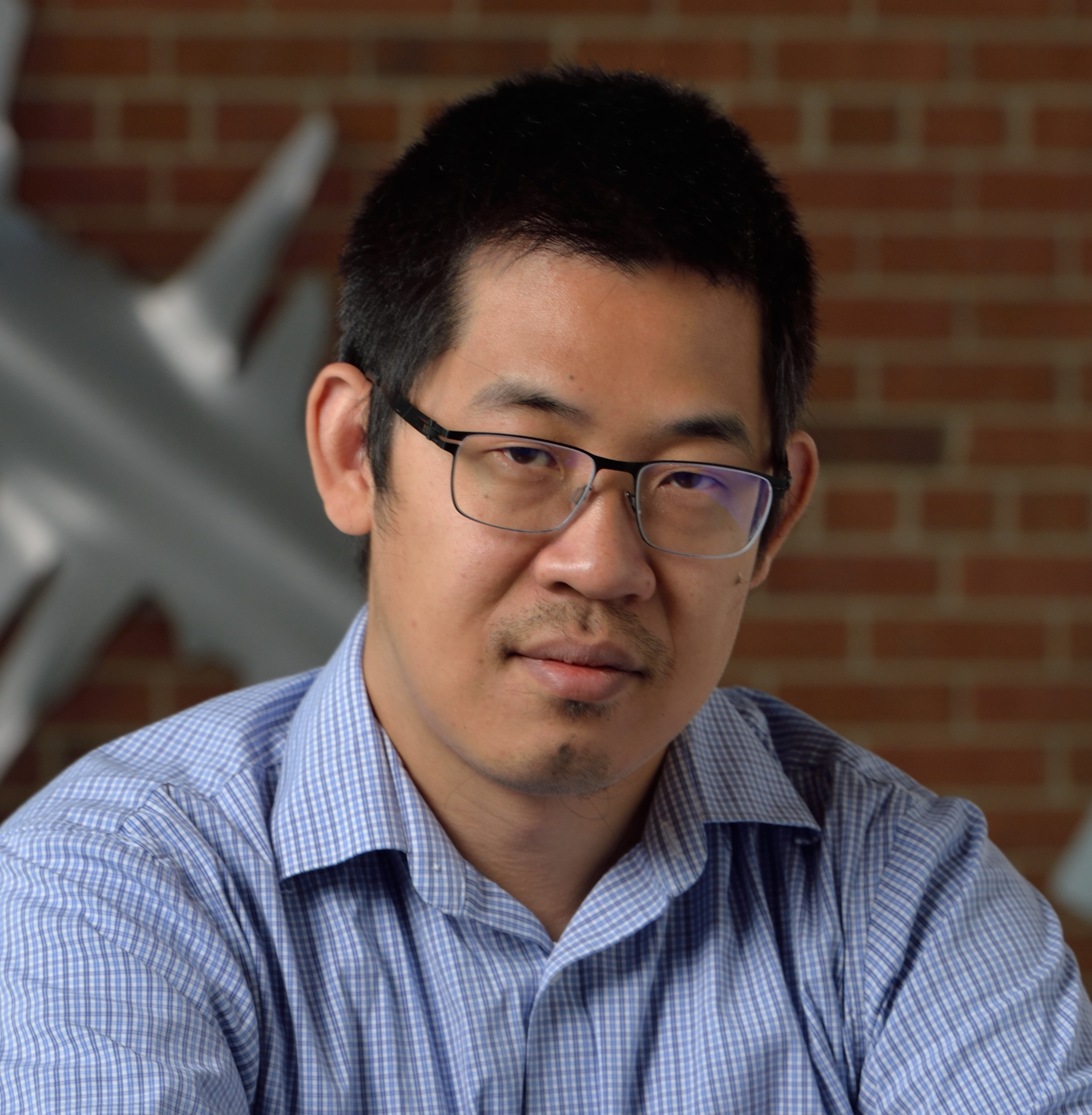About me
I am an Associate Professor in the Department of Computational Mathematics, Science, and Engineering at Michigan State University, with a joint appointment in the Department of Statistics and Probability. I received my Ph.D. in Applied Mathematics from Brown University under supervision of Prof. George Karniadakis.
My research focuses on computational mathematics and scientific computing. A central aspect of my work is integrating scientific machine learning with numerical analysis to construct accurate and physically interpretable partial differential equation (PDE) and stochastic differential equation (SDE) models of multi-scale or high-dimensional problems directly from first-principle descriptions, where conventional approaches often show limitations. In particular, I am interested in designing learning algorithms that preserve essential mathematical properties of the constructed PDE and SDE models, such as conservation laws, variational structures, and physical constraints.
Research Interests
- Multi-scale and stochastic modeling
- Numerical methods for PDEs
- Scientific machine-learning
Selected publications
L. Lyu and H. Lei. On the generalization ability of coarse-grained molecular dynamics models for non-equilibrium processes. SIAM Multiscale Model. Simul., 23 (2): 816-837, 2025 [link].
P. Ge, Z. Zhang, and H. Lei. Data-driven learning of the generalized Langevin equation with state-dependent memory. Phys. Rev. Lett. 133:077301, 2024. [link].
W. E, H. Lei, P. Xie, and L. Zhang. Machine learning-assisted multi-scale modeling. Journal of Mathematical Physics, 64(7):071101, 2023 [link].
L. Fang , P. Ge, L. Zhang, W. E, and H. Lei. DeePN2: A Deep Learning-Based non-Newtonian Hydrodynamic Model. Journal of Machine Learning 1: 114–140, 2022 [link].
- H. Lei, N. A. Baker, and X. Li. Data-driven parameterization of the generalized Langevin equation. Proc. Natl. Acad. Sci. 113 (50):14183–14188, 2016 [link].
